Understanding Self-Directed IRA Fees
How much does a self-directed IRA cost?
When looking at prospective self-directed IRA custodians, you’ll discover self-directed IRA fees vary by firm. In general, you’ll notice the fee structure is different from what you may be charged for a retirement account at a traditional brokerage or firm; that’s due to the special recordkeeping and maintenance requirements that are unique to self-directed account custodians.
How do you make sense of a self-directed IRA custodian’s fees? Here are some things to look for:
What are the Different Self-Directed IRA Fees?
Here are the types of fees you may encounter:
- Account set-up/application fee – This one-time fee is charged when you open your account.
- Maintenance fee – The fee to hold and maintain your account. Some custodians charge a flat fee, while others charge based on your portfolio’s value. The custodian might charge the fee annually or quarterly.
- Transaction fee – Some custodians charge a fee each time your IRA makes a purchase, sells an asset, and/or pays a bill. This could become costly if you plan to make frequent investments or have a lot of expenses tied to an asset.
- Special fees – Other fees may apply for various additional services, such as sending a payment via wire or overnight mail, expediting a processing request, etc. You may never need some of these services, in which case the fees wouldn’t apply.
Sometimes, some of these fees can be avoided. For example, you may be able to opt into e-statements to forego a paper statement fee.
All fees should be transparent: The account custodian must provide a custodial agreement and a fee schedule that outlines the firm’s services and responsibilities, as well as applicable fees, so you’re not surprised later.











